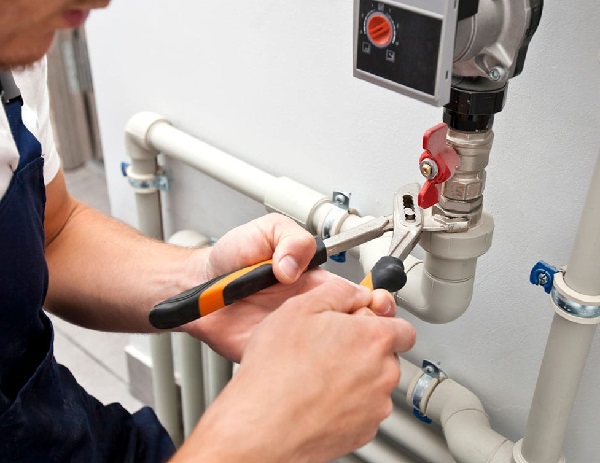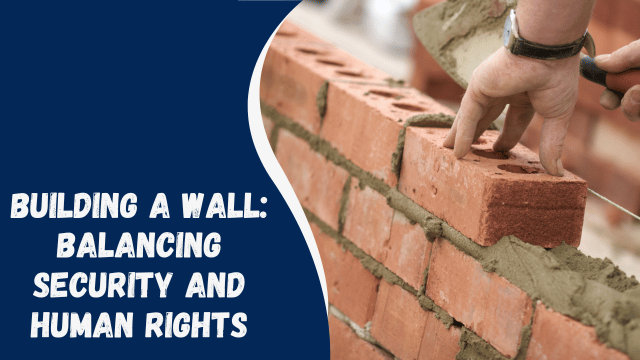Identifying and Preventing Gas Leaks in Your Home

The safety of your home and loved ones is a top priority. Among the potential hazards that homeowners must be vigilant about is gas leaks. Whether you smell gas at meter or hear unusual hissing sounds, gas leaks can pose serious risks, including fire and explosions. This listicle will explore some essential tips for identifying and preventing gas leaks in your home.
Contents
Install Carbon Monoxide Detectors
Carbon monoxide is a gas that has no smell or color and can be produced during a gas leak. Since it is undetectable by your senses, installing carbon monoxide detectors is crucial. These devices can quickly notify you if there is a buildup of carbon monoxide in your home, giving you time to evacuate and call for professional help.
Pay Attention to Unusual Sounds
Gas leaks may sometimes produce hissing or whistling sounds near the gas lines or appliances. If you hear any unusual noises, especially around the gas meter or connections, it’s essential to investigate further. Don’t ignore suspicious sounds, which could be potential gas leak indicators.
Regularly Inspect Gas Appliances
Ensuring all your gas appliances are in good working condition is crucial to prevent gas leaks. Periodically inspect your gas stove, water heater, and furnace for any signs of wear and tear. Look for loose connections, damaged pipes, or faulty valves. If you detect any issues, contact a qualified professional to address the problem promptly.
Keep the Area Around the Gas Meter Clear
One simple yet effective prevention measure is to keep the area around your gas meter unobstructed. Avoid placing objects or debris near the meter, as it may interfere with the gas supply or hinder your ability to detect gas odors. Additionally, familiarize yourself with natural gas’s smell to identify leaks promptly.
Be Mindful of the Smell of Gas
As the introduction mentions, one potential sign of a gas leak is if you smell gas at the meter or around gas appliances. Natural gas has a distinct odor, often described as “rotten eggs.” If you notice this smell, treat it as a warning sign and take immediate action. Leave your home, avoid using electrical devices, and call a professional gas service provider to assess the situation.
Educate Your Household Members
Ensure that everyone in your household knows the signs of gas leaks and what to do in an emergency. Educate them about the smell of gas and the importance of evacuating the premises if a gas leak is suspected. Having a well-informed household can make a significant difference in handling potential gas leak situations safely.
Hire a Professional for Regular Inspections
While it’s essential to be proactive in detecting and preventing gas leaks, some tasks are best left to professionals. Hiring a qualified technician for regular gas line inspections can provide peace of mind. Professionals can identify potential issues that might not be apparent to an untrained eye and ensure that your gas system remains in top-notch condition.
Conclusion
Gas leaks are potential hazards that can lead to devastating consequences if not detected and addressed promptly. By following the guidelines mentioned above, you can take significant steps toward ensuring the safety of your home and family. Remember to install carbon monoxide detectors, inspect gas appliances regularly, and be mindful of unusual sounds or smells. When in doubt, don’t hesitate to seek the expertise of a professional gas service provider.





